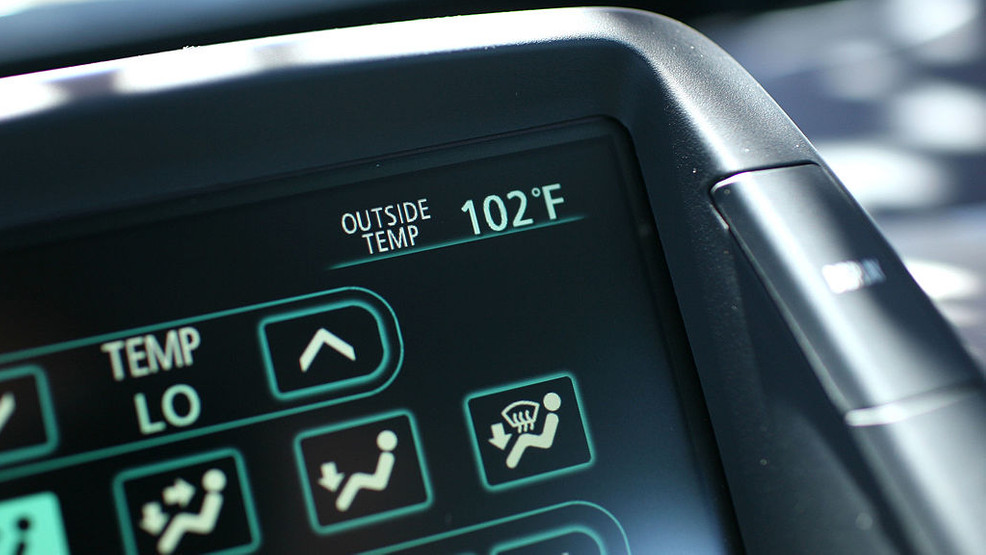Time: 2024-06-29
Medications can make individuals more susceptible to heat-related illnesses, especially during hot summer months in regions like Texas and Florida. In Austin, Texas, the Austin-Travis County EMS (ATCEMS) has responded to 173 heat-related calls in June, with expectations for an increase as temperatures rise. Commonly prescribed medications that contribute to heat sensitivity include diuretics, Angiotensin-converting enzyme (ACE) inhibitors, anticholinergics, and Selective Serotonin Reuptake Inhibitors (SSRIs). These medications can affect kidney functions, blood flow, body temperature, and sweating, making individuals more sensitive to heat.

To prevent heat-related illnesses, individuals taking medications that increase heat sensitivity should hydrate adequately before going out in the sun. Avoiding alcohol and caffeine, limiting activities during the hottest parts of the day, and wearing protective clothing are essential precautions. It is crucial to recognize the signs of heat stroke, such as altered mental state, slurred speech, and unconsciousness, to seek immediate medical attention. ATCEMS recommends moving the affected individual to a cooler environment, cooling them down with water and a fan, and providing small sips of water or electrolyte drinks if conscious.
Groups such as individuals on antidepressants are particularly vulnerable to heat-related illnesses. In Florida, where summers can be scorching, the combination of high temperatures and antidepressants can increase the risk of heat exhaustion or heat stroke. Antidepressants like SSRIs and tricyclic antidepressants can elevate core body temperature by blocking signals that regulate sweating. Combining medications, such as diuretics, can further dehydrate the body, making it more sensitive to heat. Symptoms of heat sensitivity on antidepressants may include reduced thirst and heart rate, requiring close monitoring and medical consultation for any adverse effects.
Individuals should consult their healthcare providers if they notice any changes while taking medications, especially if combining multiple medications. Each medication can have unique effects on heat sensitivity, and not everyone may experience the same symptoms. Monitoring for signs of heat-related illnesses and staying hydrated are essential for individuals on medications that increase heat sensitivity. By following precautions, recognizing symptoms, and seeking medical advice promptly, individuals can protect themselves from the risks of heat-related illnesses during the summer months.